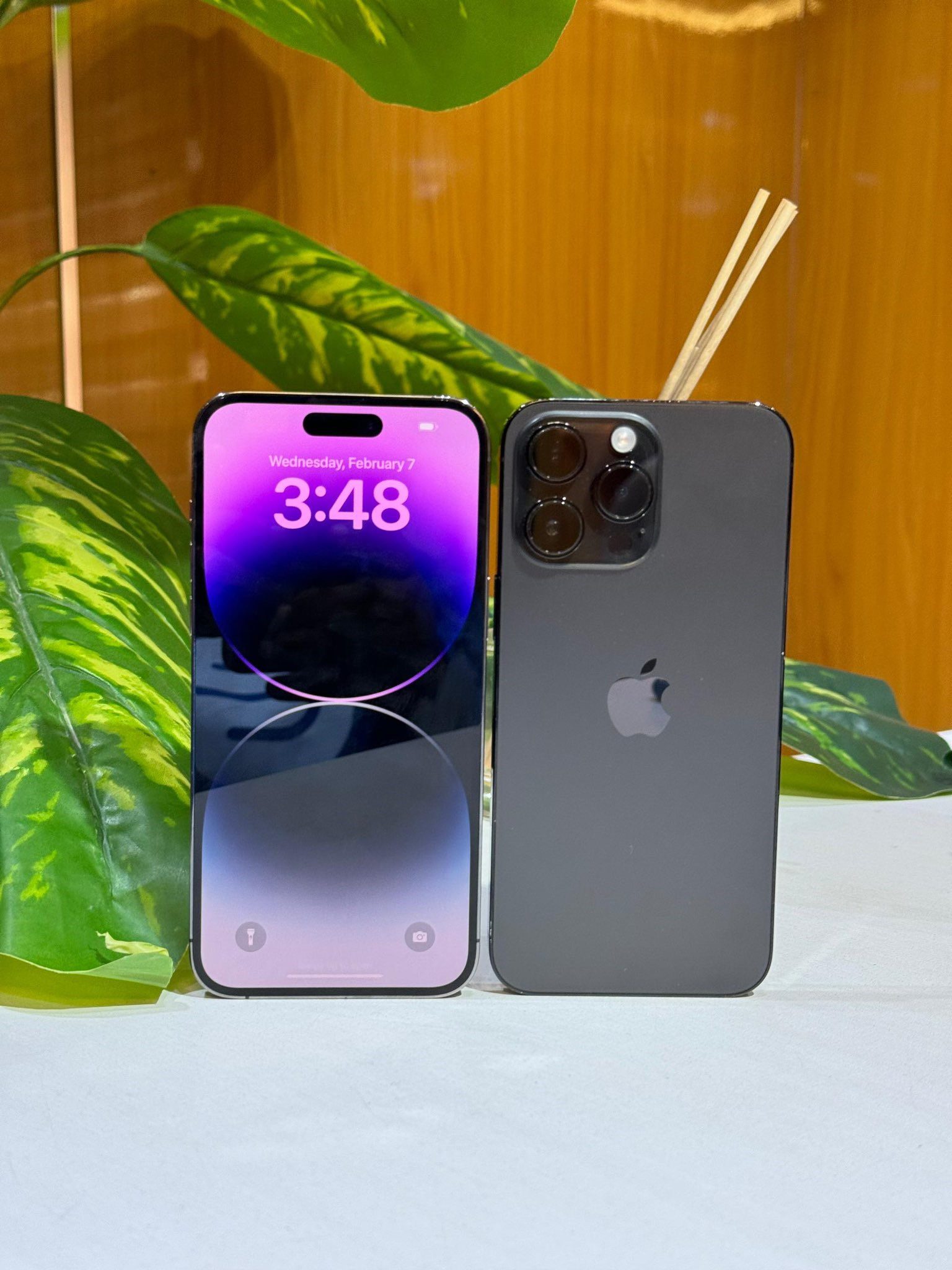
The penetration of mobile phones and internet services has heightened Kenyans’ reliance on these handhelds. This growth has been taken advantage of by mobile marketing services. While there is nothing illegal about leveraging available channels to promote products, the regulations and compliance requirements established by existing bodies or any other legal entities have been grossly ignored, or so it seems.
Synopsis
SMS is probably the fastest and the most reliable method for alerting large groups of people in emergencies and serves as an instrumental tool for marketing by our favourite retailers and brands, to mention a few. The efficiency of SMS is based on how fast they read. Up to 95 percent of text messages are opened within just a few minutes. Moreover, almost all phones distributed to consumers have the capability of sending and receiving SMS. This is to say that SMS is a quick way to pass messages with users to notify them about events or activities, advertise, push sales and so forth.
Owing to the personal nature of messages, it is imperative that this space is regulated. However, it is worth noting that only some forms of SMS can be regulated. Ordinary exchanges between two users (peer to peer) are not enforced with regulatory frameworks. On the other hand, automatic to peer SMS (alerts, promotion offers, marketing from 5 or 6 shortcodes) have always been regulated in other countries, which is why carriers such as Safaricom have USSDs to allow users to opt out them (more of that in a minute).
But has this been the case?
Improper acquisition of customer phone numbers
The worst part of Kenya’s marketing SMS strategies is the manner in which they get our numbers. Of course, sometimes, we leave a trail of our personal data such as phone addresses when we pay for goods and services via mobile money. However, in many instances, users have been bombarded with marketing texts sans permission. This goes against the norm where recipients are tasked with taking the action to opt into an offer of marketing program before sending that message. At the moment, few institutions have an opt-in platform such as a web-based system or any other permission-based channel that acknowledges consent.
Are marketers purchasing phone numbers?
This is a question many of us have asked before. Where do marketers, elections campaign managers, and advertisement firms get our numbers? Your guess is as good as mine.
Regulations guiding the use of existing list of phone numbers by marketers, even those provided by customers must be enforced. Unless a customer explicitly opts into such an arrangement, spamming them with SMS should be illegal. What is more, lists gathered from any other goal other than to primarily join a marketing program must not be SMSed at all.
Sadly, no company has been fined because no rule has illegalized this spamming spree. Thus, they continue to litter our devices threads of texts oblivious of legal damages from ignoring guidelines (that do not exist). In fact, if a team conducts a questionnaire via SMS, it must not under any circumstances use those detail for any other purpose unless the questionnaire states that by opting into the exercise, a user permits future messages from them.
Additional gray areas are observed when marketing teams are not concise or clear about marketing programs. Some solicit for phone numbers without clear disclosure of marketing details such as charges (people have been charged fees to opt out of a program they did not subscribe into).
Opting out
Currently, only Safaricom has an access code for opting out of promotional messages. It makes sense because the telco’s market share dominates the rest by significant margins, meaning its customers are targets of the marketing SMS mess. When the code was introduced, most of us were happy but we still raised some queries regarding the service as we will be tied to it as long as business keeps abusing the space.
This is not the difficult part: the issue is why we get those messages in the first place considering newer services will be getting our numbers. This means we'll be dialling that access code for as long as we live. https://t.co/qsBIyzuXYI
— Abuya (@AbuyasLife) August 15, 2018
In particular, this has been the case for me because I have tried to get rid of 79079 promotion services to no avail.

Conclusion
Marketing via text messages can have amazing results for big and small companies alike. It is a mechanism that many consumers prefer and is a remarkably easy tool for building long-term relationships. Unfortunately, these services grossly ignore a few simple rules, which shouldn’t be the case in the first place.
























